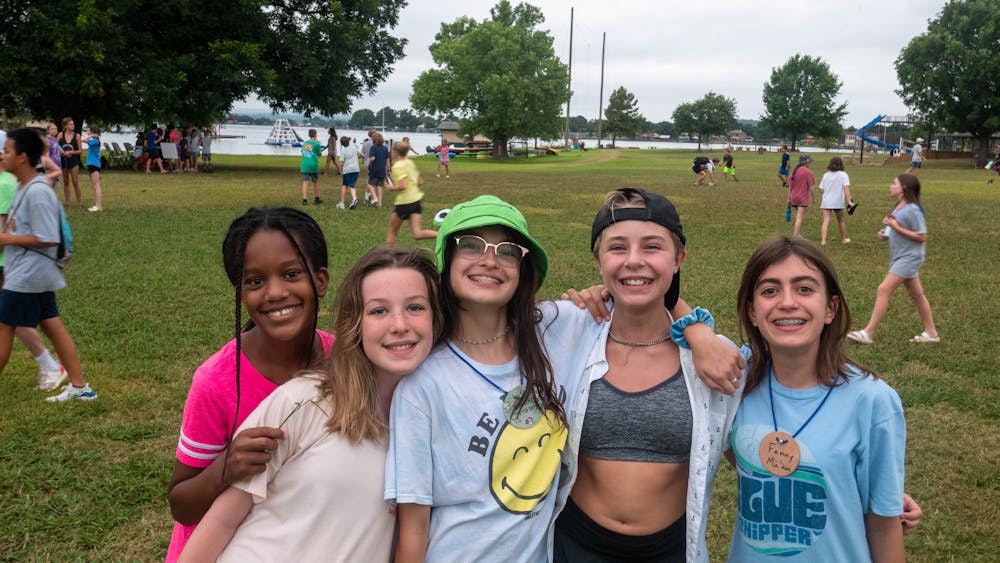Nightly Rituals and Optimism
July 6, 2021

Nine years ago, we met an author and educator named Shawn Achor. He was a speaker at a conference that I chaired, and we struck up a friendship.
His book, The Happiness Advantage, and his TED talk focus on habits of mind that can help people increase their gratitude, optimism and happiness. If you have 11 minutes, I recommend his TED talk. After our pandemic year, good habits of mind that induce optimism are more valuable than ever.
Before I go any further, I should share his definition of “optimism”. He says optimists believe that problems are temporary and that they can make their problems shrink or disappear through their actions or thoughts. By contrast, a pessimist believes problems are perpetual and that nothing they do can change anything. Clearly, no one is a complete optimist or pessimist. It is also clear that being an optimist would predict for positive mental health while heavy amounts of pessimism would result in depression.
When I first met Shawn, I wrote a blog about some of the habits and learned that some of our camp families created new family traditions to adopt them. For example, he talks about the value of naming “gratitudes” each day. Specifically, the research shows that listing three things that you are grateful for helps train your mind to sort for the positive rather than the negative. [Note: the gratitudes should be different every day to make it a habit.]
The summer after we met, he came to camp and made some recommendations of ways that we could incorporate his ideas into camp.
One example is our “Nightly Rituals”. Every night after Torchlight but before going to bed, cabins meet to reflect on the day. Sometimes the counselors organize a special event, like a compliment circle in which each camper shares positive comments on cabinmates. Another could be writing down a fear or worry and then burning them (please know that this exercise is NOT done inside).
Other cabins like to keep it simple and do “Delta Plus”. In this exercise, each camper names a highpoint of the day (the “Plus”) and something that they would like to have done differently (the “Delta”). The Plus is a gratitude. The Delta reminds the speaker that they have agency over their actions and could have handled them differently. In short, it trains the campers to have more optimism.
It also reminds each camper that his or her voice is worth hearing since every camper will share each night.
Of course, we do not bother the campers with the theory behind any of this until they are in the Senior Camper (High School Leadership) Program, but they benefit from the exercise. They also enjoy having time at the end of each day to bond, reflect and slow down.
We weave other pieces of the research into other elements of camp, but I will not bore you with all the details. I only share this so that you will know that we strive to do so much more than “just” have fun at camp.
Steve Sir
